Introduction: Exploring Alentejo’s Interior with Sustainability in Mind
The Alentejo, often described as Portugal’s hidden gem, is a vast region known for its rolling plains, charming villages, and a slower, more contemplative pace of life. While it is famous for its sprawling vineyards, cork oak forests, and olive groves, the Alentejo interior remains relatively unexplored by mass tourism, making it a haven for those seeking an authentic, tranquil, and sustainable travel experience.
From the medieval town of Monsaraz with its commanding views over the Alqueva Lake, to Évora, a UNESCO World Heritage site steeped in ancient history, and Mora, a lesser-known destination brimming with nature and culture, the Alentejo interior offers a unique blend of history, tradition, and environmental stewardship. For travelers interested in responsible tourism, the Alentejo’s commitment to sustainable agriculture, eco-friendly accommodations, and preservation of cultural heritage makes it an ideal destination.
In this word journey, we will explore the towns of Mora, Monsaraz, and Évora, highlighting the sustainable initiatives in the region, the rich cultural offerings, and how travelers can experience this stunning region while minimizing their ecological footprint.
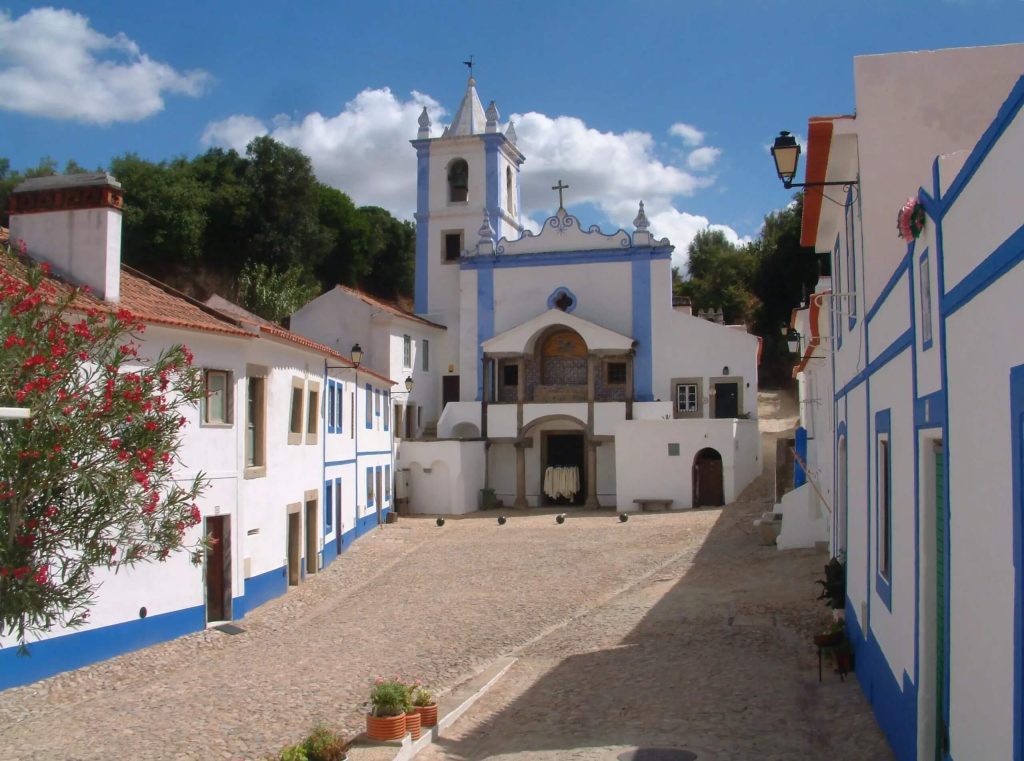
Mora: A Gateway to Nature and Tradition
A Natural Wonderland
Nestled in the northern part of the Alentejo interior, Mora is a small town known for its close connection to nature. Surrounded by rolling hills and oak forests, Mora provides a peaceful retreat from the hustle and bustle of urban life. The town is perhaps best known for its proximity to the Raia River and its eco-friendly initiatives, which have made it a beacon of sustainability in the region.
One of Mora’s highlights is the Fluviário de Mora, an aquarium dedicated to freshwater ecosystems. This unique facility focuses on the conservation and education of river species, particularly those native to the Iberian Peninsula. As a sustainable tourism attraction, the Fluviário promotes awareness about freshwater habitats and the importance of preserving aquatic life. Visitors can take guided tours to learn about the river systems of Portugal and the impact of human activities on these ecosystems. The Fluviário also collaborates with local schools and universities, providing educational programs aimed at fostering environmental awareness among the younger generation.
Mora’s natural surroundings also make it an ideal destination for eco-tourists. The nearby Gameiro Ecological Park offers walking and cycling trails that wind through the serene countryside, allowing visitors to experience the Alentejo’s biodiversity firsthand. The park promotes sustainability by encouraging low-impact activities, such as birdwatching, fishing, and hiking. For travelers looking to immerse themselves in nature while respecting the environment, Gameiro Park is a perfect stop.
Sustainable Agricultural Practices
Agriculture plays a vital role in Mora’s local economy, particularly in the production of olives, cork, and wine. Many farms in the area have adopted organic farming methods, reducing the use of pesticides and chemicals that could harm the environment. By preserving traditional farming techniques and embracing modern sustainability practices, Mora is becoming a leader in eco-friendly agriculture within the Alentejo.
Visitors can participate in farm tours, where they can see firsthand how local farmers manage their olive groves and cork oak forests sustainably. These tours offer a glimpse into the region’s commitment to environmental stewardship while providing an opportunity to taste locally produced olive oil, wine, and honey—all of which are integral to the Alentejo’s culinary traditions.
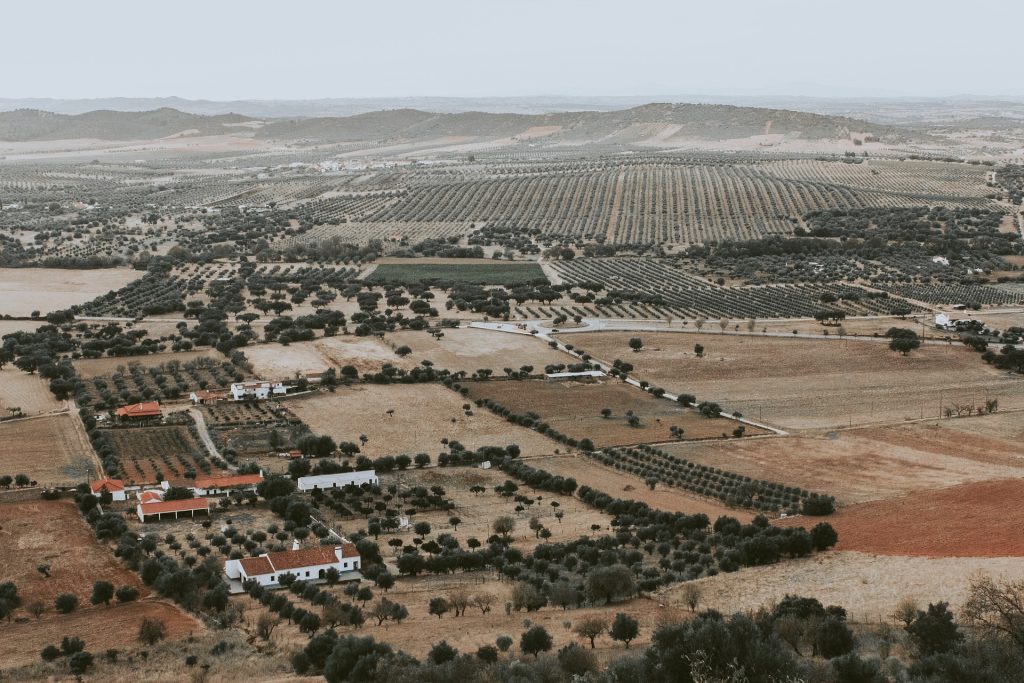
Monsaraz: A Medieval Gem with a View
History and Sustainability in Harmony
Perched on a hilltop with commanding views over the vast Alqueva Lake, Monsaraz is one of the Alentejo’s most picturesque towns. Its medieval charm, with narrow cobblestone streets and whitewashed houses, is preserved by strict conservation efforts that ensure the town remains as it has for centuries. Monsaraz is a perfect example of how historical preservation can be paired with sustainable tourism to protect cultural heritage while promoting responsible travel.
The town’s castle, which dates back to the 13th century, provides panoramic views of the surrounding countryside and the Alqueva Lake, the largest artificial lake in Europe. This vast body of water, created by a dam on the Guadiana River, has become a focal point for sustainable tourism in the region. The Alqueva Dark Sky Reserve, one of the first places in the world to receive certification as a “Starlight Tourism Destination,” promotes astrotourism by leveraging the region’s minimal light pollution. Visitors to Monsaraz can enjoy stargazing under some of the clearest skies in Europe, all while contributing to sustainable tourism that minimizes environmental impact.
The Alqueva: Water and Sustainability
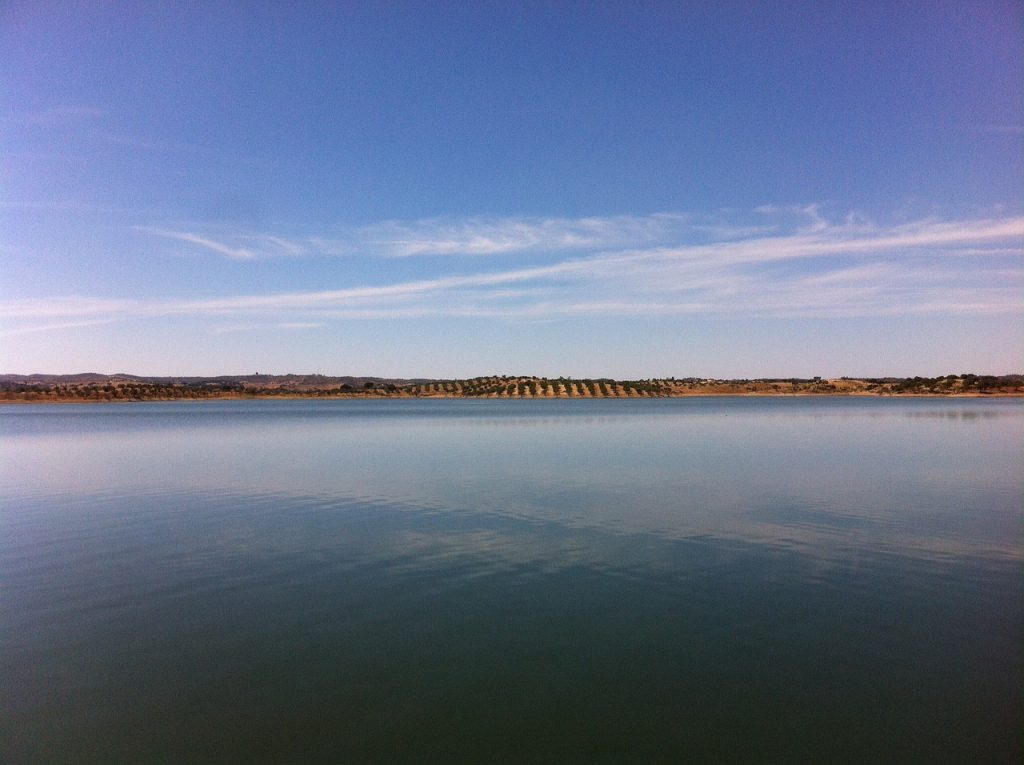
The Alqueva Lake is not just a scenic wonder; it is also a model of sustainability. The lake plays a crucial role in supporting agriculture in the region, providing much-needed irrigation for vineyards, olive groves, and other crops. Several wineries around Monsaraz are deeply committed to sustainable viticulture, using the lake’s resources to irrigate their vineyards responsibly.
Visitors can explore these eco-friendly wineries and learn about the region’s unique winemaking techniques, which often blend traditional methods with modern sustainability practices. Many of these wineries are also adopting organic and biodynamic farming techniques, which aim to preserve the natural balance of the land without relying on synthetic chemicals.
The Alqueva region is also a popular destination for eco-conscious travelers looking to explore the great outdoors. Activities such as kayaking, sailing, and cycling around the lake are widely promoted, with a focus on reducing environmental impact. Sustainable boat tours of the lake allow visitors to explore its hidden coves and observe the rich birdlife that thrives in this wetland ecosystem.
Artisanal Traditions and Responsible Tourism
Monsaraz is also a town where visitors can experience the Alentejo’s rich artisanal traditions. From handmade pottery to intricate embroidery, local craftspeople keep these traditions alive, often using locally sourced and sustainable materials. In particular, the town is known for its cork products, which are not only a symbol of the Alentejo but also an eco-friendly alternative to synthetic materials. Cork harvesting is a time-honored tradition in the region, and visitors can take part in workshops or tours to learn about the sustainable process of harvesting this versatile material.
For responsible travelers, purchasing locally made handicrafts is an excellent way to support the local economy and reduce the carbon footprint associated with mass-produced goods. By choosing to engage with local artisans and buying sustainable products, visitors to Monsaraz can make a positive impact on the community while taking home unique and meaningful souvenirs.
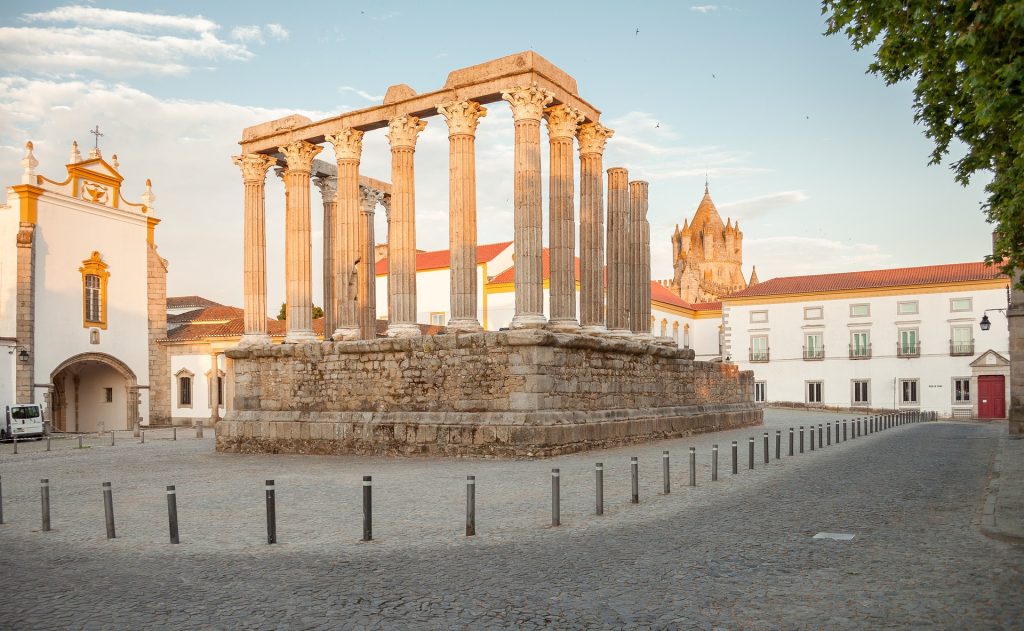
Évora: A Living Museum of History and Sustainability
A UNESCO World Heritage Site
The city of Évora, often called the “Museum City,” is one of the most historically rich destinations in Portugal. As a UNESCO World Heritage site, Évora is renowned for its well-preserved Roman and medieval architecture, including the impressive Roman Temple (often referred to as the Temple of Diana), the Évora Cathedral, and the Chapel of Bones. Évora’s historic center is a testament to the layers of history that have shaped the Alentejo, and walking through its streets feels like stepping back in time.
What makes Évora particularly special, however, is its commitment to preserving this heritage while promoting sustainable tourism. The city’s status as a UNESCO site means that strict regulations are in place to protect its cultural and architectural integrity. Local authorities have implemented measures to ensure that tourism in Évora remains sustainable, including the promotion of eco-friendly transportation options, such as cycling and walking tours, and the support of local businesses that prioritize sustainability.
Eco-Friendly Accommodation and Gastronomy
Évora is home to a growing number of eco-friendly accommodations that cater to travelers seeking sustainable experiences. From restored manor houses to modern eco-lodges, these accommodations focus on minimizing their environmental footprint while providing guests with a comfortable and authentic stay. Many of these establishments are powered by renewable energy, use water conservation systems, and source their food from local, organic farms.
The culinary scene in Évora is another highlight for eco-conscious travelers. Alentejo cuisine is rooted in the land, with many traditional dishes featuring locally sourced, seasonal ingredients. Évora’s restaurants often focus on farm-to-table dining, where the emphasis is placed on using organic produce, sustainably raised meats, and fresh herbs grown in the region. One must-try dish is açorda alentejana, a traditional bread soup made with garlic, coriander, and olive oil—a simple yet flavorful representation of the Alentejo’s culinary heritage.
For those interested in learning more about sustainable food practices, Évora offers a variety of food tours and cooking classes that highlight the region’s emphasis on sustainability. Visitors can tour local markets, meet with farmers, and even participate in olive oil and wine tastings that showcase the Alentejo’s commitment to organic agriculture.
The Alentejo Science and Technology Park
Évora is also home to the Alentejo Science and Technology Park, an initiative that aims to promote innovation and sustainability in the region. The park supports research and development in areas such as renewable energy, sustainable agriculture, and environmental conservation. Through partnerships with local businesses and universities, the park is helping to shape the future of sustainability in the Alentejo.
Visitors interested in learning more about these initiatives can arrange tours of the park, where they can see firsthand how cutting-edge technologies are being used to address the environmental challenges facing the region. The park also hosts conferences and workshops on topics related to sustainability, making it an important hub for knowledge exchange and collaboration in the Alentejo.
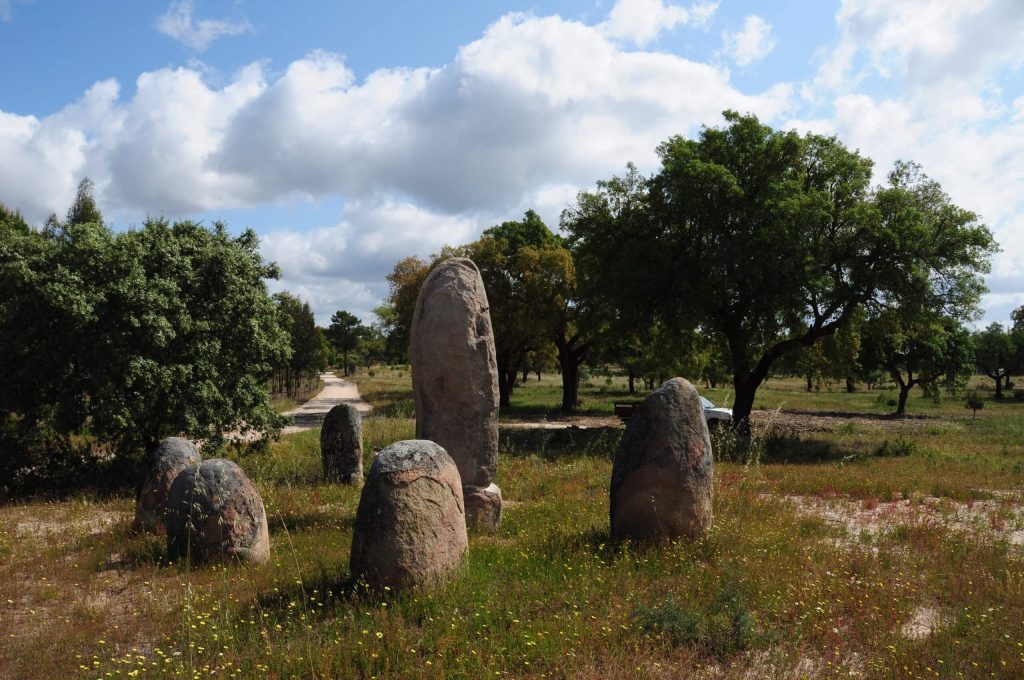
Sustainable Travel Tips for the Alentejo Interior
For those planning a trip to the Alentejo interior, there are several ways to ensure that your travel experience is as sustainable as possible:
- Choose eco-friendly accommodations: Many hotels and guesthouses in the region are committed to sustainability. Look for places that use renewable energy, practice water conservation, and source their food locally.
- Support local businesses: Whether it’s buying artisanal products or dining at family-run restaurants, supporting local businesses helps boost the local economy and reduces the environmental impact associated with mass-produced goods.
- Minimize your carbon footprint: The Alentejo interior is ideal for walking, cycling, and horseback riding. Opt for these low-impact modes of transportation to explore the region’s natural beauty.
- Respect the environment: Stick to designated trails when hiking, avoid littering, and be mindful of the region’s fragile ecosystems, especially when visiting natural parks and protected areas.
- Engage with the local culture: Take the time to learn about the region’s history, traditions, and sustainable practices. Engaging with the local culture in a respectful and meaningful way can enhance your travel experience and contribute to the preservation of the Alentejo’s heritage.
Conclusion: A Sustainable Journey Through the Alentejo
The Alentejo interior, with its rich history, stunning landscapes, and commitment to sustainability, offers a travel experience like no other. From the natural beauty of Mora to the medieval charm of Monsaraz and the cultural richness of Évora, this region is a treasure trove for responsible travelers seeking an authentic and eco-friendly adventure.
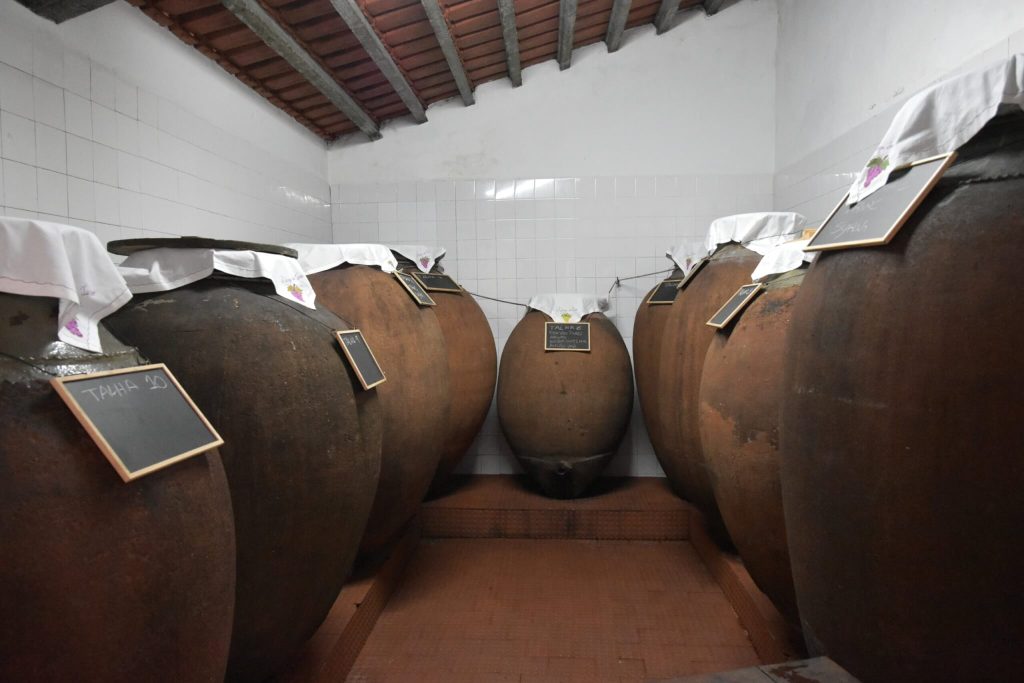
By choosing to travel sustainably, visitors to the Alentejo can help preserve the region’s unique character for future generations. Whether you’re exploring ancient ruins, tasting organic wines, or stargazing over the Alqueva Lake, the Alentejo interior promises an unforgettable journey that connects you with both the land and its people in a way that respects the environment and honors local traditions.
In a world where sustainability is becoming increasingly important, the Alentejo stands as a shining example of how tourism can coexist with environmental and cultural preservation.
